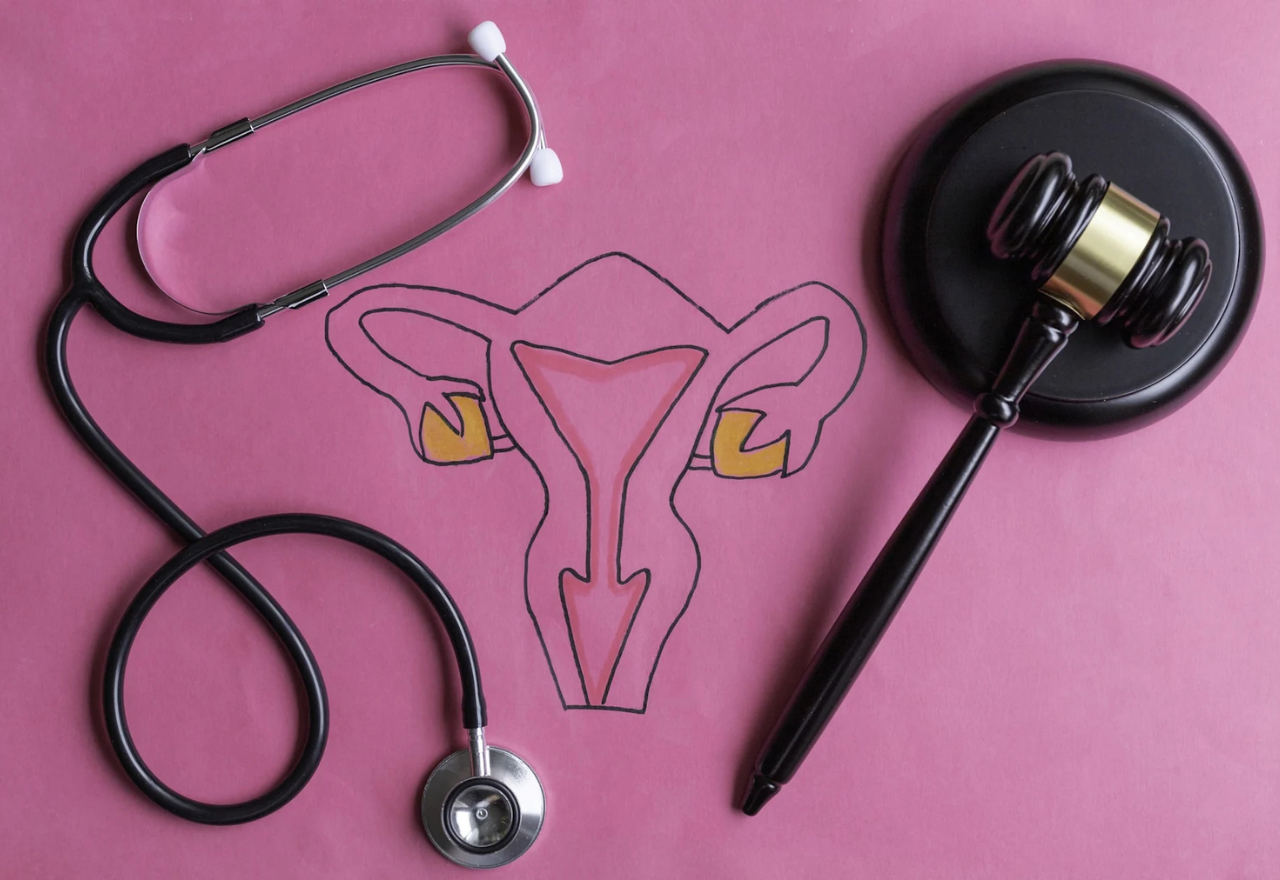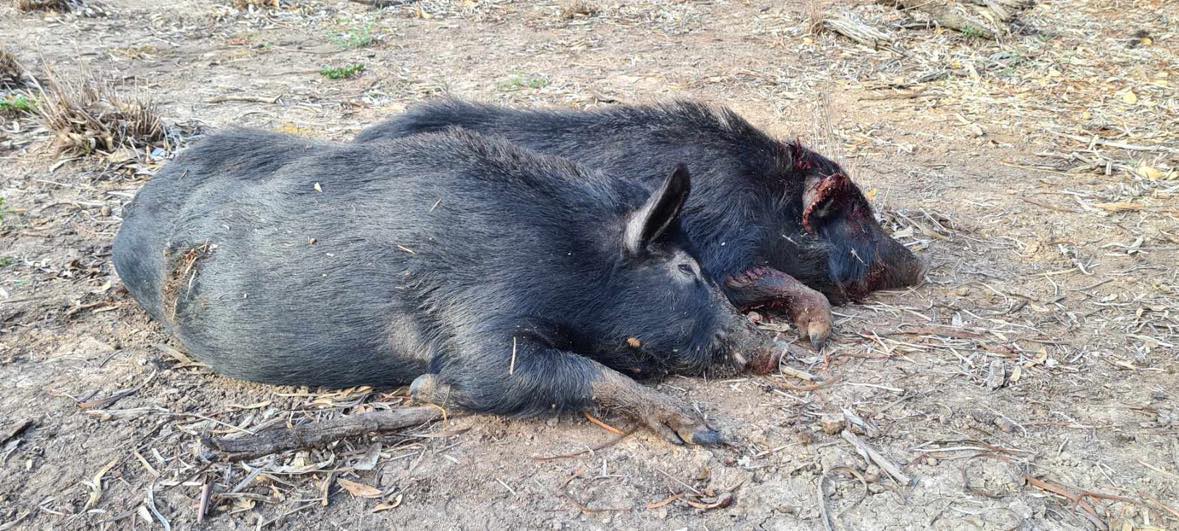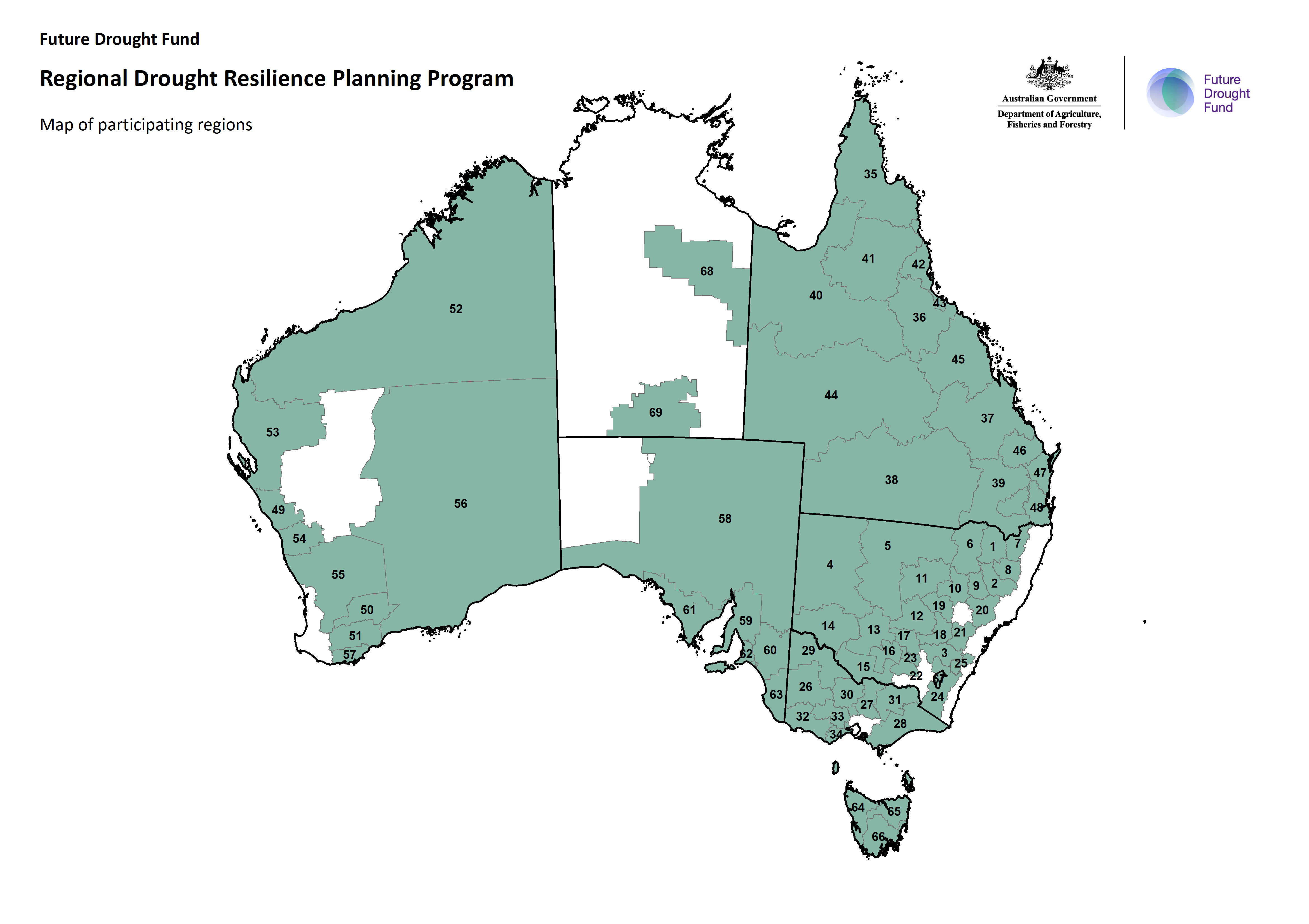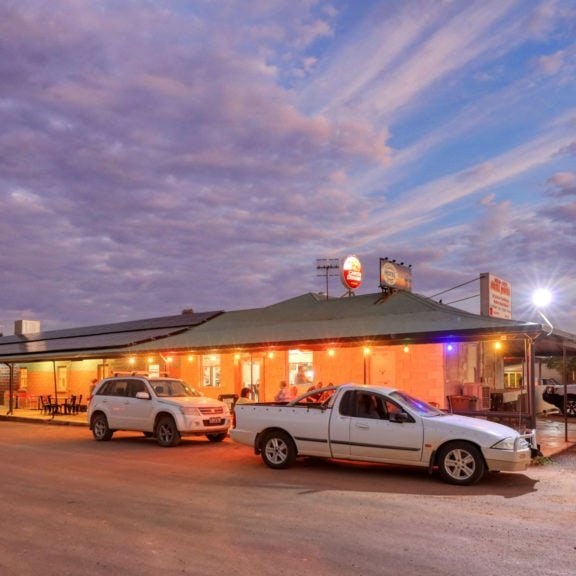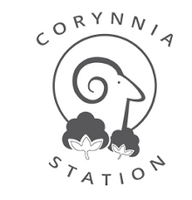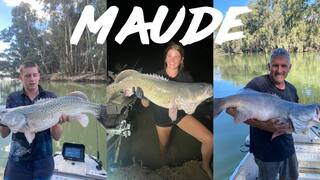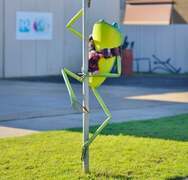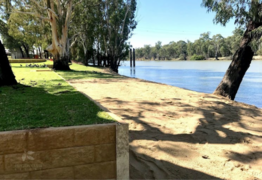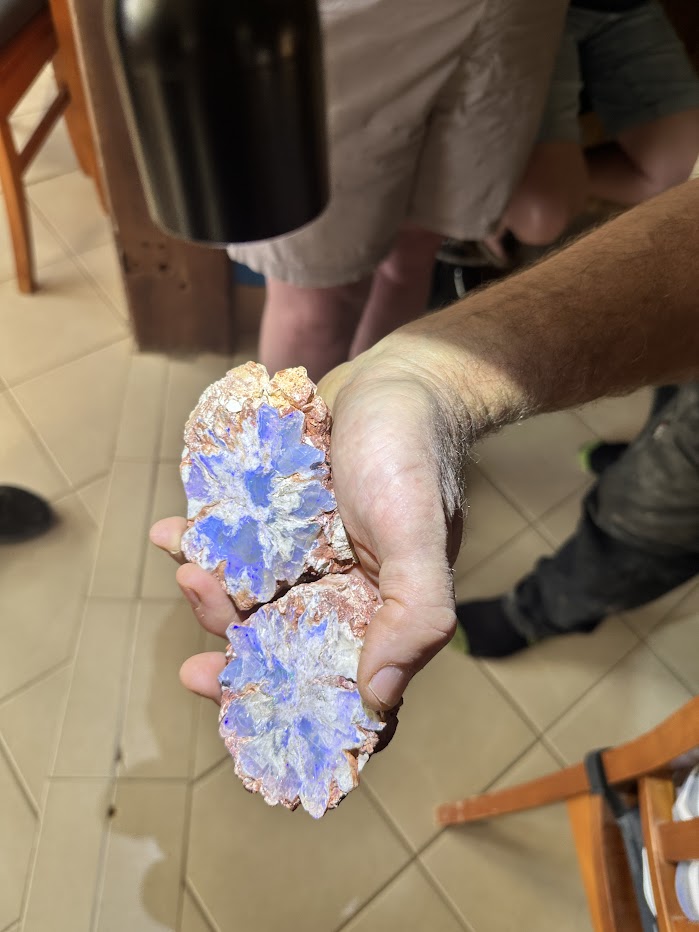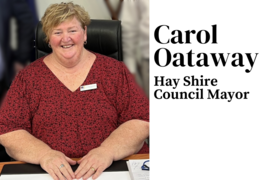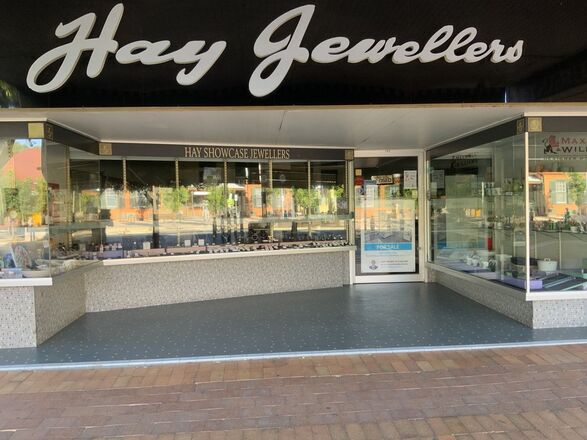Kyla’s frocking good cause
Kimberly Grabham
15 November 2025, 4:00 AM
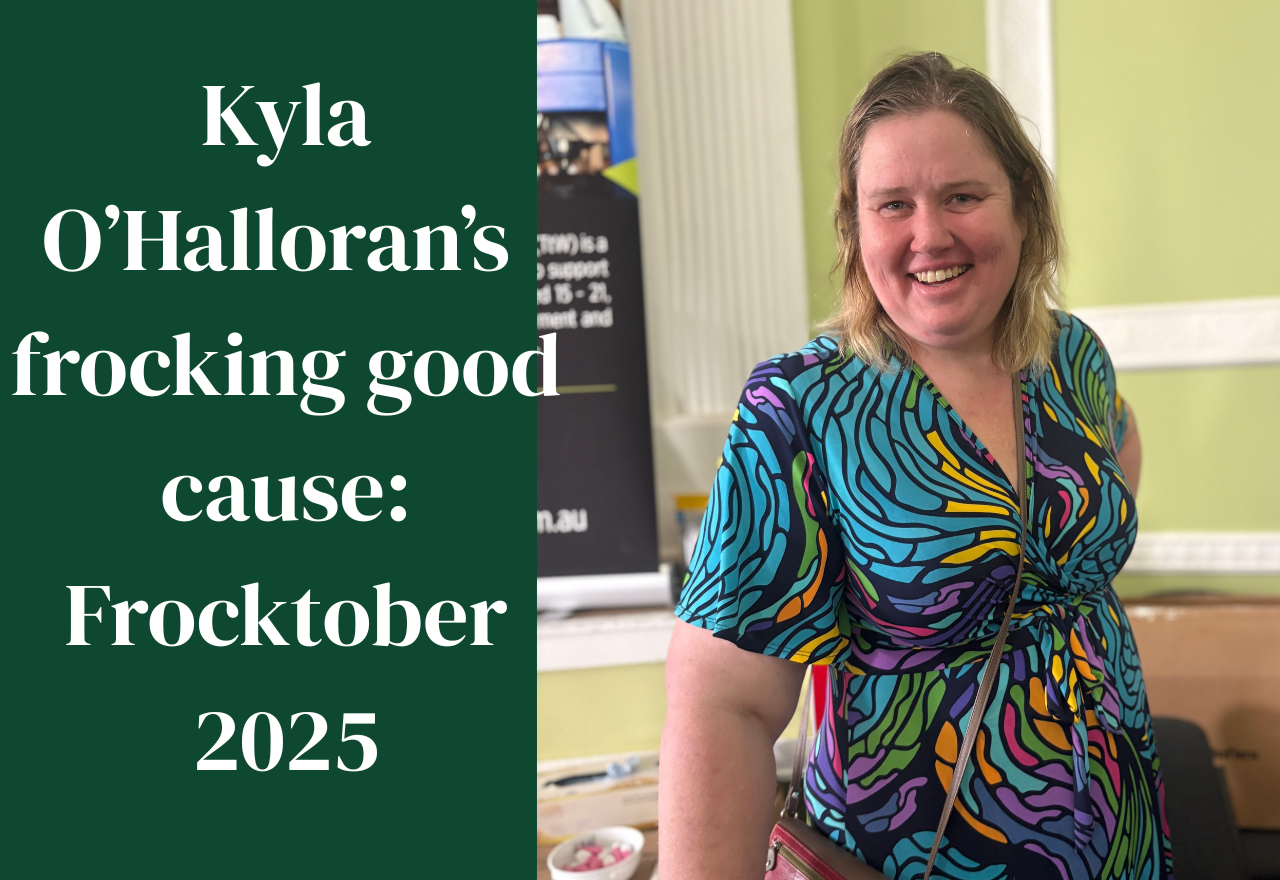
When Kyla O’Halloran sat at friends’ table at a wedding several years ago, she had no idea that chance encounter would lead to one of the most meaningful promises she’d ever make.
The Balranald resident instantly clicked with a couple at that table, forging a friendship that would profoundly impact her life.
One of those friends would go on to participate in Frocktober for five consecutive years after being diagnosed with ovarian cancer herself.
“She was just a lovely person and always very positive,” Kyla recalled.
“She was very open about her battle with ovarian cancer, always very positive about it, a very strong woman.”
Last year, after her friend wore a hospital gown for one of the 31 days, they shared a laugh and Kyla made a promise; she would do Frocktober the following year, with her friend as inspiration.
Tragically, her friend didn’t make it to this year’s October, becoming another statistic in the fight against ovarian cancer.
“So I had to honour the promise that I’d made her and do Frocktober anyway,” Kyla says simply.
True to her word, Kyla wore a different dress every day throughout October, making it to day 19 or 20 before having to repeat an outfit.
Her daughters got involved too, taking photos and later styling their mum with beads, scarves and accessories.
“It became a family affair,” she said.
But beyond the fashion challenge lay a deeply serious mission; raising awareness and funds for ovarian cancer research.
As a midwife, Kyla understands better than most why this cause matters so desperately.
“Ovarian cancer is the most lethal gynaecological cancer,” she explained.
“And the treatment for it hasn’t really changed in the last couple of decades.”
Perhaps most alarmingly, there is no early detection screening test for ovarian cancer; unlike prostate cancer in men, which can be detected through a simple blood test.
The statistics are sobering.
Fifty-one per cent of women diagnosed with ovarian cancer won’t live five years past that diagnosis.
“If you think about any woman in your life and them not being around in five years’ time,” Kyla pauses.
“These statistics are scary.”
Part of what makes ovarian cancer so deadly is how vague and easily dismissed its symptoms are.
Warning signs include persistent abdominal pain or bloating, feeling full after eating very little or loss of appetite, pelvic or abdominal pain, needing to urinate more frequently, irregular bowel movements, irregular menstrual periods, and sudden changes in weight.
“They’re really vague and so ambiguous,” Kyla noted.
“A lot of women are put down to either irritable bowel syndrome (IBS) or menopause or perimenopause.
“Or you’ve just had a kid and your body changes.”
She has another friend in town, currently fighting ovarian cancer, who shared crucial advice.
“You really just got to trust your gut. If you feel like there’s something wrong, there’s something wrong.”
As both a midwife and a woman who has personally experienced being brushed off by doctors, an experience she says nearly cost her life, Kyla has strong advice for women concerned about their health.
“Don’t take no for an answer. If you feel like there is something wrong, find another doctor, find another health professional that will help you.”
She recommends asking doctors, “help me to understand”.
This approach puts the responsibility back on the healthcare provider to explain their reasoning, whether it’s about test results or why they don’t think there’s a problem.
Kyla is particularly passionate about rural health inequality.
“Don’t let anyone put you off because of where we live,” she insisted.
“Ask them, what would you do if I lived down the street from the medical centre in Melbourne or Sydney? What tests would you do for me?”
“Because we live where we live, we will die younger,” she said bluntly. “Part of that is our health providers’ fault for not going. “Oh, well, maybe we should do this test, but it’s too far away.”
“That’s my choice as a health consumer. I should be making that choice, not you for me.” Through her Frocktober campaign, Kyla has raised $2,288 from 38 friends and family members, funds that will go directly to independent research seeking better treatments and, crucially, early detection methods.
“If me or one of my girls or one of my loved ones was to get ovarian cancer, at least I can say, you know what, I’ve done something,” she reflected.
“I haven’t just sat back. I can say I’ve helped the f ight.” While October has ended, donations can still be made to Kyla’s fundraising page at www.frocktober. org.au/fundraise/kyla.
Even small amounts make a difference; $36 is enough to collect a sample, $58 can grow ovarian cancer cells to study the disease, and even $5, the cost of a coffee, helps fund vital research.
“Towards the end of October, I said something like, 37 days till Christmas, three days left of October, and one day closer to early detection and a cure for ovarian cancer,” Kyla recalled.
“That’s what we have to do.
“We just have to keep plugging away. How do you eat an elephant? One mouthful at a time.”
For Kyla O’Halloran, that meant 31 dresses, one beautiful promise kept, and countless lives potentially saved through awareness and research funding, all in memory of a friend who faced her battle with unwavering positivity and strength.
If you’re experiencing any persistent symptoms that concern you, trust your instincts and seek medical attention. Don’t hesitate to seek a second opinion if you feel your concerns aren't being taken seriously.
NEWS
SPORT
RURAL
COMMUNITY
JOBS
VISIT HAY
VISIT BALRANALD
VISIT OUTBACK NSW
FOR SALE
